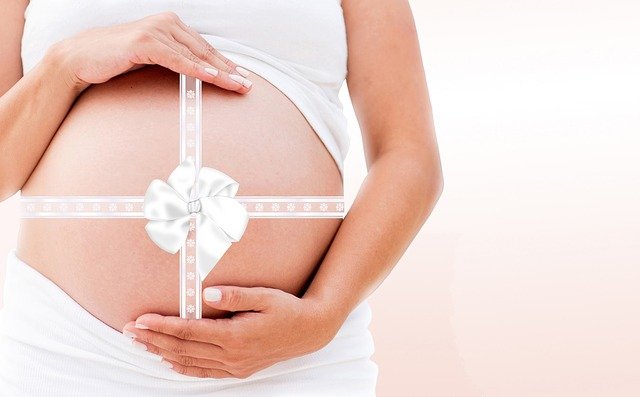
Preeclampsia and gestational hypertension are common pregnancy complications.
They involve high blood pressure that develops for the first time during pregnancy and returns to normal after delivery.
The conditions are diagnosed usually after 24 weeks of pregnancy. They can affect one in 20 pregnancies.
Although most cases of pre-eclampsia cause no serious problems, in severe cases the condition can endanger the lives of both mother and child.
It’s estimated around 1,000 babies die every year because of pre-eclampsia, with most of the deaths due to premature birth.
In a recent study from Imperial College London, researchers find that pregnant women who develop high blood pressure may have worse heart function.
Their hearts pump less blood with each beat compared to women who don’t have high blood pressure during pregnancy.
Researchers tracked the health of over 200 women before and during pregnancy. Among them, 15 went on to develop preeclampsia or have small baby (fetal growth restriction, FGR).
Both complications are linked to abnormal development of the placenta.
The team showed that although these 15 women’s heart and blood pressure were still in the healthy range, their hearts pumped 16% less blood per minute than the women who had healthy pregnancies.
In addition, their blood vessels were 17% more resistant to blood flow. This caused their blood pressure to be slightly higher, but still normal.
The researchers suggest that heart and circulation differences existed well before pregnancy may play a role, too.
The team now is examining whether having a healthy diet, encouraging overweight women to lose weight, and increasing exercise before or during pregnancy can reduce the risk of high blood pressure in pregnancy.
The study is published in the journal Hypertension.
In line with the above research, in another study, researchers measured how often and when women with high blood pressure during pregnancy develop high blood pressure, diabetes and high cholesterol after pregnancy.
They found that women who had high blood pressure during their first pregnancy were more likely to develop chronic health conditions after pregnancy than women with normal blood pressure.
Women with high blood pressure during more than one pregnancy were even more likely to develop
In addition, the risk factors for heart disease emerged shortly after pregnancy and persisted for decades.
The study was done among almost 60,000 women enrolled in the Nurses’ Health Study II who had given birth at least once.
Women were studied for an average of 25 to 32 years after their first pregnancy, depending on the risk factor, but overall, the follow-up ranged from 2 to 50 years after pregnancy.
The researchers suggest that doctors should know n a detailed history of pregnancy complications from patients.
The doctors should also screen women who had high blood pressure in pregnancy regularly after pregnancy for heart disease risk.
The Brigham and Women’s Hospital study is published in Annals of Internal Medicine.
Copyright © 2018 Knowridge Science Report. All rights reserved.



